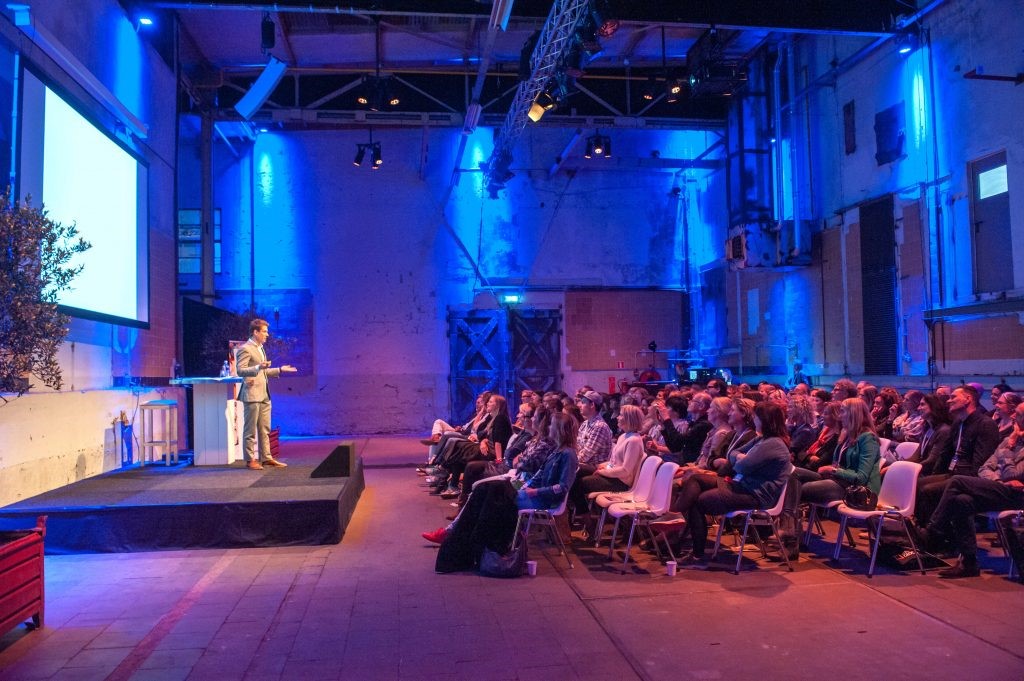Do’s and Don’ts for Organising a Conference
Many a times, organisations want to break out from the mould and create a conference that can be a new sensation and talk of the town. However, this usually causes more downfalls than expected, simply because they are trying too many things at one time before taking care of the basics.
There is no need to reinvent the wheel when organising a conference. However, it is a good idea to venture off the beaten track and avoid the many age-old pitfalls.
A professional conference organiser in Singapore will be able to advise and help you understand better on the Dos and DON’Ts below:
DO’S
- Choose one target audience to focus your conference’s content on. Then, determine your event’s objective. What do you want to have achieved by the end of it? Adjust the contents and format accordingly. We’ve all heard of the phrase “Jack of all trades, master of none” – you can’t be everything to everyone or you will end up being nothing to everyone. It’s okay to focus on one target audience and excel in catering for it.
- Send a save-the-date notice well in advance, about three months ahead of time. Then send the final invite six weeks before the event. In the invite, mention what the conference is all about, what people will gain from it, where it will take place, and how to sign up. Pass on any other details later on. Speak to your conference organiser in Singapore what is your intended timeline and how can structure the invites and RSVPs for your intended guests.
- Involve your (potential) guests in developing your programme. This will not only ensure that the conference’s programme is more relevant for them, but will also help them feel more involved. This is one of many different ways to minimise no-show.
- Communicate in a personal manner. For example, invite your guests by way of a video instead of an email or letter. Moreover, always make sure that you address the guests personally in any (digital) communications, and react quickly to any questions and comments from (potential) guests. Better communication about the event in the preparatory process will result in better sentiment among people regarding your event.
- Play the event in your head like a film. An experienced conference organiser in Singapore will guide you through with example questions: How does your visitor enter, where do they go then, what will they need as visitor? This will help you streamline your thought process and tackle any gaps in your playbook beforehand.
- Record the conference using video and photography of the highest possible level. Consider a live stream. The live images will allow you to get potential guests excited about participating much more easily next time around.
- Get back in touch with your guests after the conference has ended. Your conference organiser can help send out a brief survey to your attendees, which will send the message that you want to listen to what your guests have to say, and a post-event movie or a photo gallery will enable your guests to relive a successful event.
DON’TS
- Do not schedule your conference between 9:30 AM and 4:30 PM, because that would cause many of your visitors to be stuck in traffic. Also, refrain from a standard programme consisting of reception, speakers, a break, more speakers, and then drinks. Scientific research shows that it is better for you to divide a full-day programme into three or four highlights with moments of relaxation in between.
- Do not overwhelm your (potential) guests with messages about the event. Carefully choose a select number of moments for informing your guests beforehand, and always make sure to mention a new bit of information in every message.
- Illegible badges are about as useful as coffee without the cup. Therefore, provide large badges with a legible font and/or assign the same badge colour to guests who are involved in the same field.
- Empty rows at the front of the room give a bad impression, so engage a hostess (or better yet, a member of the management team or board) to escort guests to the first few rows.
- Do not wait until the day of the event itself to test your presenter’s skills. There is nothing worse than seeing your presenter cast a looming shadow on the projection screen, a buggy microphone, or a PowerPoint featuring full-length sentences in font size 12.
The appointed conference organiser will be able to remind your speakers and presenters of such occurrences based on their experience, and can provide valuable advice on the steps to avoid these pitfalls. - If you feel it is important for new contacts to be established, do not allow networking moments to turn into mere pleasant drinks events. There are plenty of tools, apps, and simple concepts for supporting guests as they engage in networking.
Speak to a professional conference organiser in Singapore and see what are the technologies and tools they have available, in order to cater for such networking moments.


